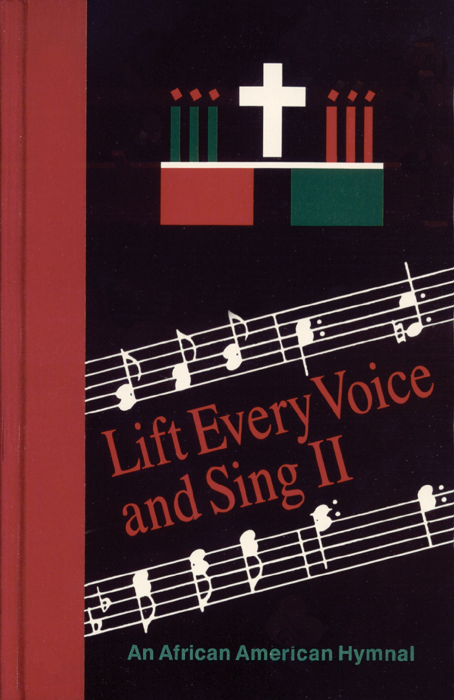
In this post, Bradley answers a question from our Lent Question Box:
“What does LEVAS mean? We have been singing a lot of hymns that are from LEVAS lately.”
This is a great question! And — unlike some of the questions Stephanie and Phillip have been taking! — it’s not that complicated. (Phew!)
We have indeed been singing quite a few hymns from something called “LEVAS”. If you look carefully at a bulletin from February, you’ll find something like this:
Sequence Hymn: LEVAS II 221. This little light of mine
The Hymnal 1982 is the main and official hymnal of The Episcopal Church, but there are also supplements to the hymnal. The two most popular ones are Wonder, Love, and Praise, and Lift Every Voice and Sing II: An African-American Hymnal — known simply as “LEVAS II” or “LEVAS” for short.
You’ll notice that we began using this supplement a lot in February — and with that month being Black History Month, that was no coincidence.
Why is LEVAS important? Why was it commissioned, and why do we use it? I hope that this might be self-evident to most. The Hymnal 1982 is wonderful. However, it is markedly Anglo- and Euro-centric.
Canon 24, Section 1 states, “It shall be the duty of every Minister to see that music is used as an offering for the glory of God and as a help to the people in their worship… In fulfilling this responsibility the Minister shall seek assistance from persons skilled in music. Together they shall see that music is appropriate to the context in which it is used.”
While this article was no doubt referring to following good liturgical practice in accordance with The Book of Common Prayer when it mentions “the context in which it is used”, I would argue that this should stretch further. The context which we find ourselves in is one where white supremacy is embedded into mainstream American culture, its institutions, and its politics. We are in desperate need of voices of people of color, and all other marginalized groups.
LEVAS is an attempt to provide balance in our worship. Yes, we are Episcopalian and of the Anglican heritage. As much as I love Bach, Parry, Stanford, and Howells, being Anglican doesn’t mean only singing that repertoire and worshiping in one way. The Episcopal Church is diverse, and our worship should reflect that.
We have sung from LEVAS — and will continue to sing from LEVAS — because the “context” we are in needs to change.
— Bradley

THANK YOU BRADLEY!